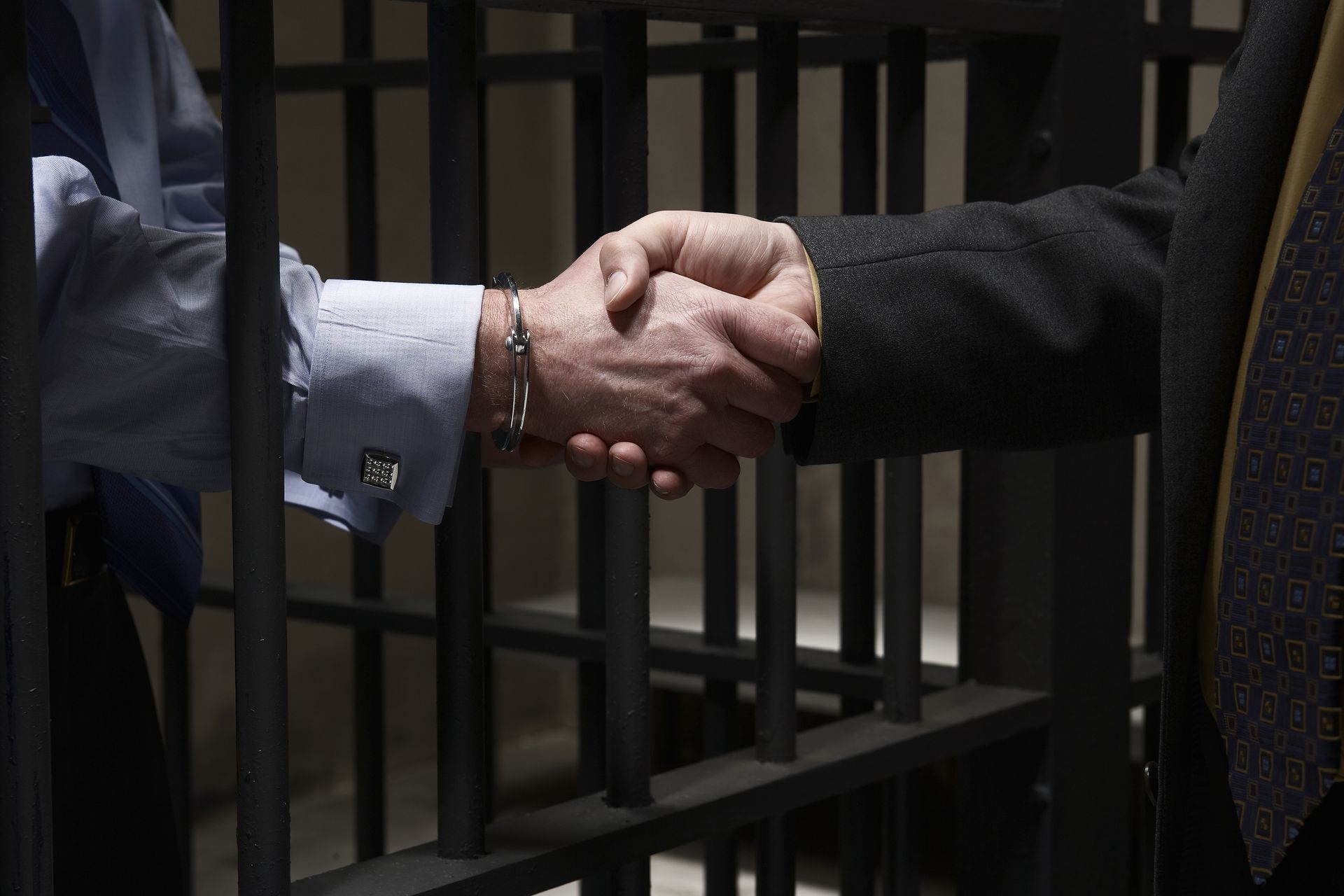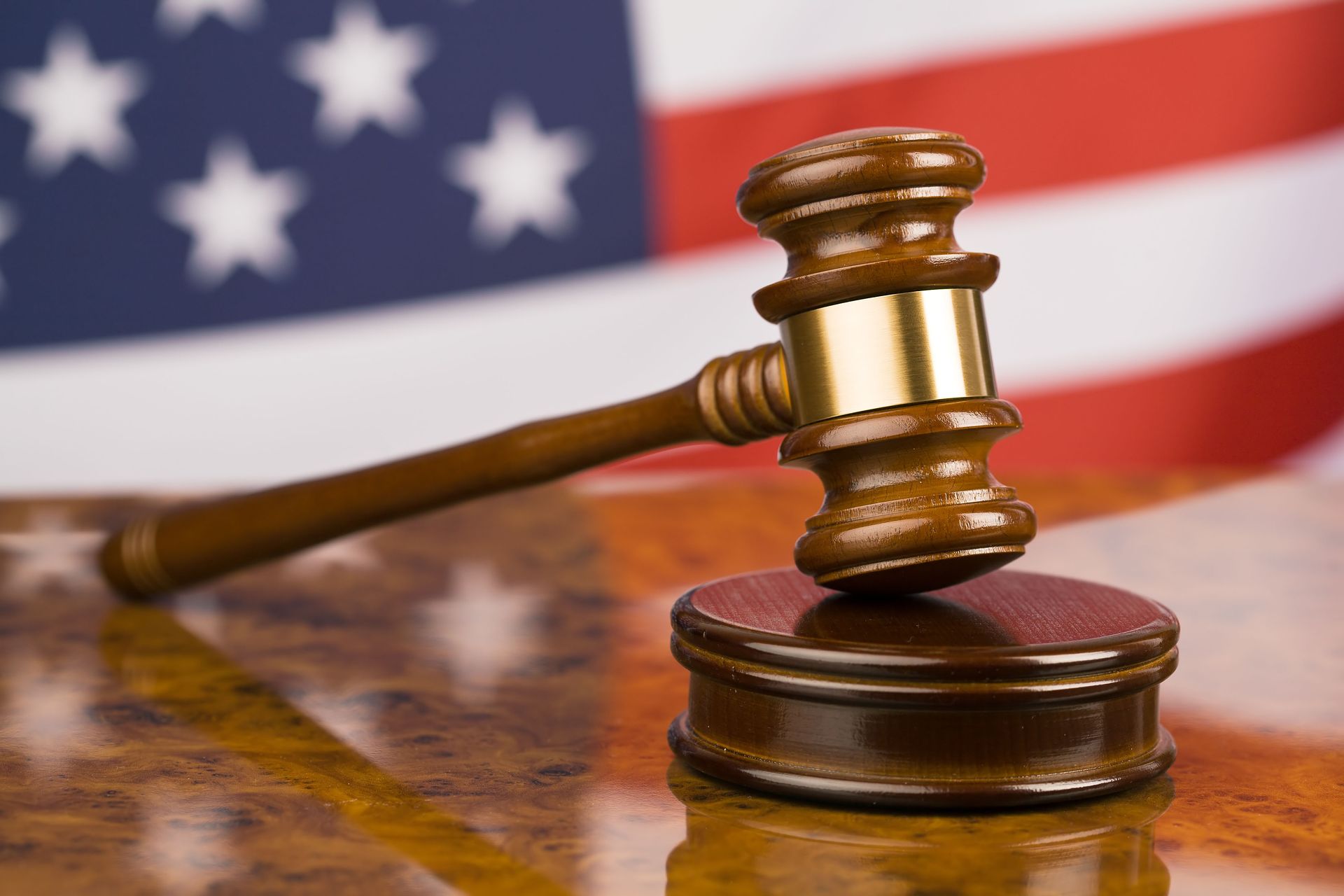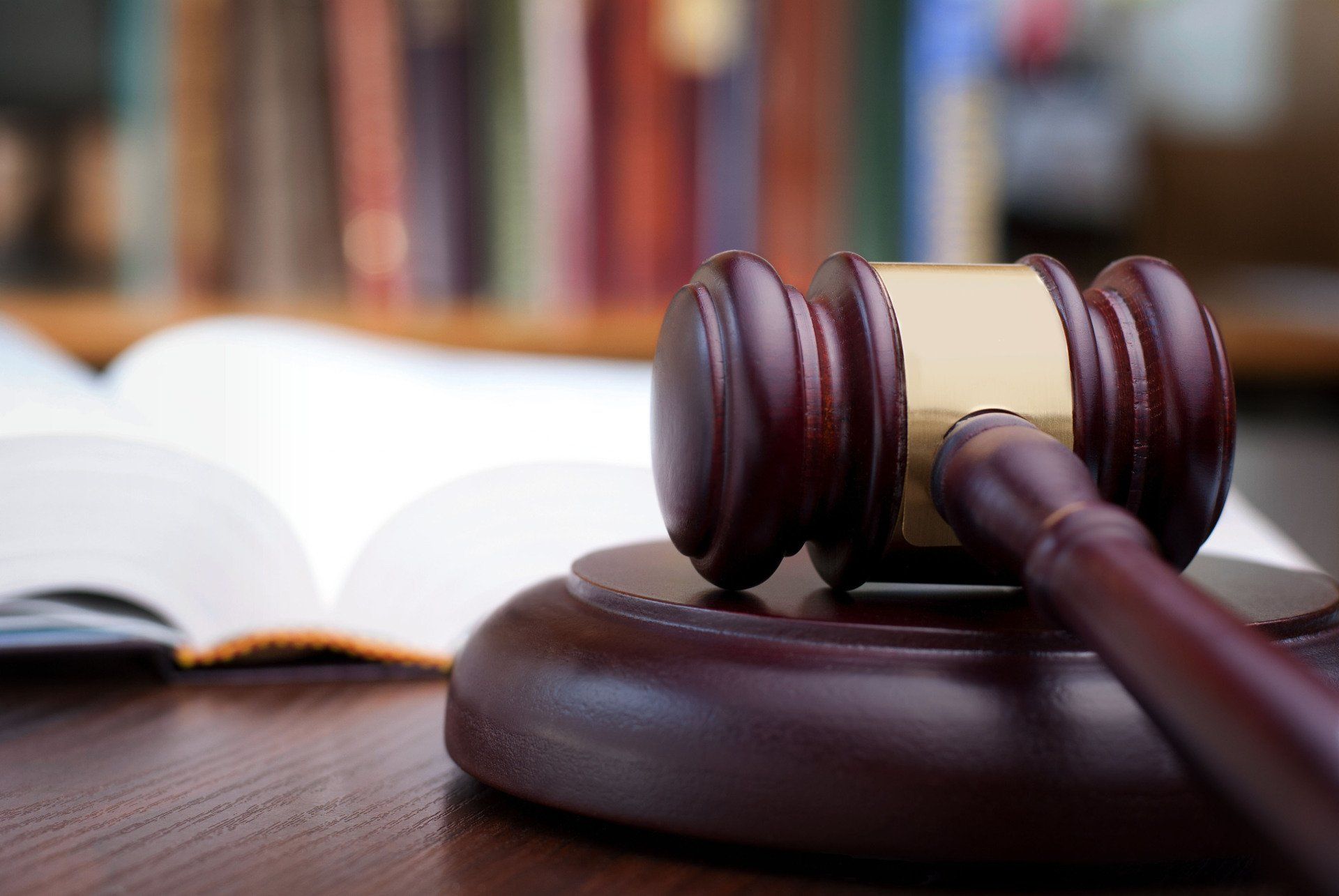What’s the Difference Between a Bail Bond and Bail?
Navigating the legal system can be complicated, especially when terms such as bail and bail bond come into play. According to the Vera Institute of Justice, a person gets arrested once every three seconds. These two concepts are crucial during the pre-trial phase and understanding their differences can make the process a bit less daunting. Both serve as mechanisms that enable accused individuals to be released from custody while awaiting trial, but they operate in distinct ways. Let's dive deeper to clarify the difference between bail and bail bonds.
What Is Bail?
Bail is essentially a monetary amount set by the court that acts as a security deposit. When someone is arrested, a judge will determine a bail amount based on the severity of the crime, the accused's criminal record, and the flight risk. If the defendant can afford to pay this sum out of pocket, they are released from jail with the promise to appear in court on their scheduled dates. Upon fulfilling all court requirements, the bail amount is returned to the defendant, minus any administrative fees.
What Is a Bail Bond?
On the other hand, a bail bond comes into play when the defendant cannot afford to pay the full bail amount. In such cases, a bail bondsman provides a surety bond to the court by charging the defendant a non-refundable fee, typically about 10-15% of the total bail amount. This arrangement ensures the court that the bail bondsman will be liable for the full bail amount if the defendant fails to appear in court. It's worth noting that at any given time an estimated half a million Americans, or about two-thirds of the overall jail population, are incarcerated because they can't afford their bail or a bond.
What Are the Financial Burden of Bail Bonds?
Due to this financial burden, bail bonds have become a necessary option for many who find themselves entangled in the legal system. However, the non-refundable fee paid to the bondsman can still be a significant financial hardship for many families. While bail bonds provide a temporary solution to the high costs of securing pre-trial release, they also highlight a broader issue within the criminal justice system: the economic inequalities that often determine an individual's freedom.
Understanding these differences is essential, especially considering the high number of individuals incarcerated due to their inability to pay for their release. Continuing the dialogue around these issues is vital for creating a more equitable justice system for all. Be sure to reach out to Pletcher Bail Bonds today for more information on acquiring a bail bond!




Share On: